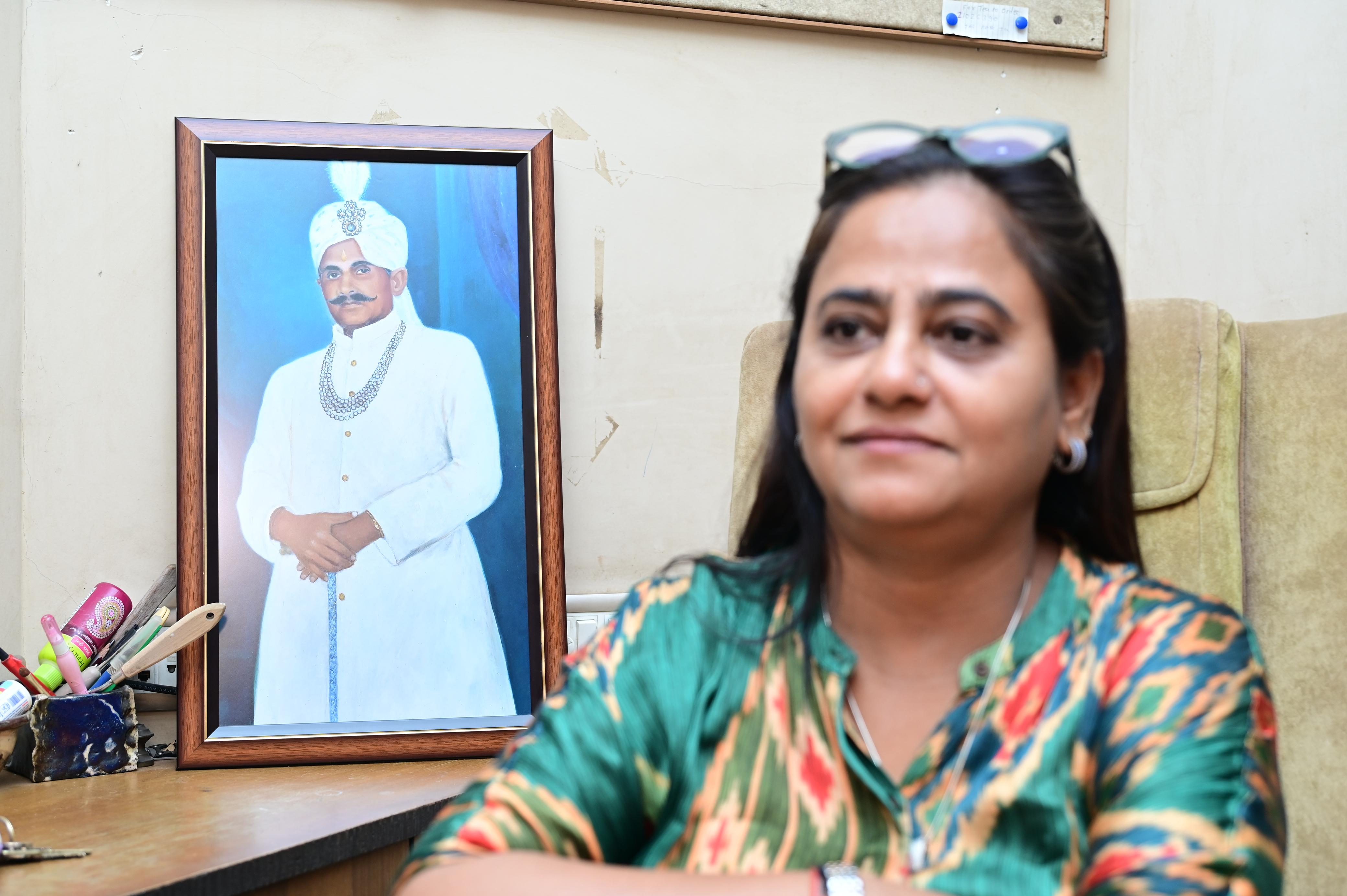
In an era when entertainment often walks a fine line between fiction and reality, the ongoing legal battle between Tanuja Bhagat and Amazon Prime stands as a defining moment for Indian media ethics. Tanuja, the granddaughter of Kalyanji Gangadhar Bhagat—India’s famed “Matka King”—has taken legal action against Amazon Prime, Roy Kapur Films, and the creators of the web series Matka King, claiming the unauthorized use and misrepresentation of her grandfather’s life.
Kalyanji Bhagat was a pivotal figure in India’s underground betting industry during the 1960s. Starting as a humble masala trader, he soon became a cultural and economic force, credited with shaping the Worli Matka system. For many in Mumbai, his name is etched into the memory of a bygone era of street economy, risk, and reinvention.
According to Tanuja, the series blatantly draws from her grandfather’s life story without securing permission or offering fair acknowledgment. In her public statement, she emphasizes that the series doesn’t just infringe on copyright, but also misrepresents her grandfather’s character and intentions. “My grandfather wasn’t a criminal. He was a product of his time, a visionary who built something out of nothing,” she said in a press release.
Tanuja had warned the creators back in 2023, urging them to halt production or consult the family to ensure historical accuracy. When her warnings went unheeded, she filed a cease and desist letter in April 2024. Her legal petition to the Bombay High Court seeks an injunction to stop production, pull down all promotional content, and block the release of the show entirely.
The case isn’t just a family’s battle—it could redefine how Indian law treats biographical storytelling in the streaming era. Legal experts argue that the outcome may set precedent for future disputes involving the depiction of real-life figures. While creative freedom is a cornerstone of cinematic storytelling, questions about the ethical responsibility of filmmakers to depict history accurately have become increasingly prominent.
Tanuja’s pursuit raises broader concerns: Where should the line be drawn between dramatization and distortion? Who gets to control a legacy? As platforms like Amazon Prime tap into real-life stories for gripping content, the responsibility to honor the lives they portray becomes paramount.
Audiences are divided. While some believe filmmakers should have creative license, others support Tanuja’s stance, arguing that families should have a say in how their relatives are portrayed, especially when their stories are intertwined with controversial or misunderstood histories.
The Bombay High Court’s decision will not just impact one series; it may echo throughout the entertainment industry. As India embraces streaming culture and biopics become increasingly popular, cases like this will challenge creators, lawmakers, and audiences to think deeply about the power and responsibility of storytelling.
For now, Tanuja Bhagat’s mission is clear: to protect the truth of a man she calls not a legend, but her beloved grandfather. And in doing so, she is championing a conversation that India can no longer ignore.